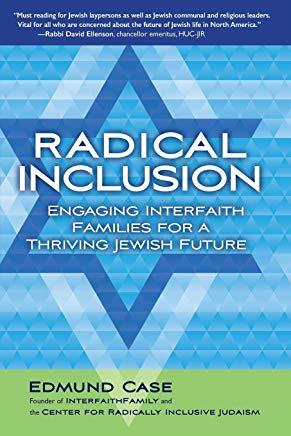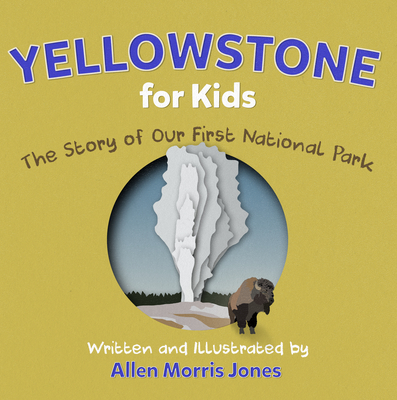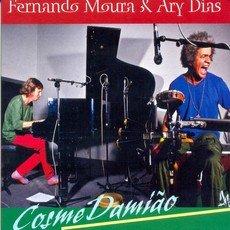
Case, Edmund
After living an interfaith family life personally and working with interfaith families professionally, I firmly believe that engaging in liberal Jewish life can be a source of deep value and meaning not only for Jews, but equally for their partners from other faith traditions, and most importantly for the children of interfaith couples. It's a tradition that helps Jews and their partners and children live better lives and make the world a better place - one that can flourish in an age of widespread intermarriage.
But while most Jews are choosing love with partners who are not Jewish - almost three-quarters of non-Orthodox Jews are marrying someone from a different faith background - many are not choosing to engage with Jewish tradition. At a time when the liberal Jewish community is swimming in an ocean of interfaith marriage, instead of maximizing efforts to encourage interfaith families to engage, many Jews and Jewish leaders and institutions still question whether Jews can choose both to love someone from a different faith background and to engage with Jewish tradition. I say, yes, they can. Moreover, if liberal Judaism is to be vibrant and thrive into the future, yes they must, in increasing numbers.
Drawing on historical context, statistics, personal narratives and practical guidance, this unique book is for everyone interested in seeing more interfaith families becoming more engaged in Jewish life and community, and particularly for Jewish lay and professional leaders. It describes three invitations that can be extended to interfaith couples to help them live lives of meaning, raise grounded children, and fulfill their needs for spiritual expression and community, and three high-level road maps for what Jews, Jewish leaders and Jewish organizations can do to facilitate their Jewish engagement.
My central proposition is that the liberal Jewish world needs to adopt radically inclusive attitudes towards interfaith couples and partners from different faith traditions, treating them as equal to inmarried couples and Jews; adopt radically inclusive policies that embrace full participation by interfaith families including partners from different faith traditions; and implement a massive, concerted programmatic response designed to engage interfaith families.
Paradoxically, to maintain distinctive Jewish traditions, we need to be radically inclusive of partners from different faiths and the children of interfaith families. I hope this book will lead to an opening of hearts and minds for Jews, Jewish leaders and Jewish organizations, towards embracing a radically inclusive approach - and to a Judaism revitalized by the engagement of interfaith families embracing a beautiful tradition.







